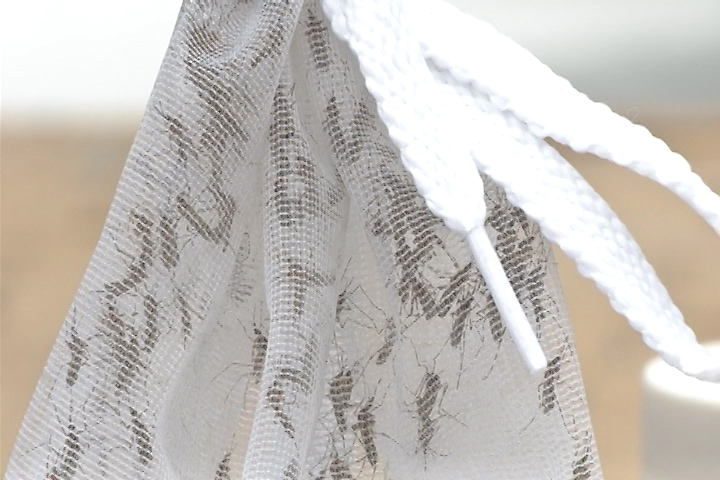Mosquitoes recently trapped in Peterborough have tested positive for West Nile virus, the region’s health unit reported Tuesday morning.

According to Peterborough Public Health, mosquitoes trapped from Aug. 8 to 11 tested positive for the virus — the first positive pool found in the city this year. The health unit sets traps in the city and Peterborough County during the summer months and early fall.
According to Public Health Ontario, as of Aug. 6, there have been 14 West Nile virus-positive mosquito pools identified in the province but no human cases.
“Now that we’ve identified mosquitoes carrying West Nile virus in our area, it’s especially important that residents take care to prevent mosquito bites,” stated Joshua Laite with the health unit’s vector-borne disease program.
“This is a good reminder for residents to get rid of any standing water in their yards and to take precautions to avoid mosquito bites.”

Get weekly health news
Laite says the majority of West Nile virus cases do not show symptoms. About 20 per cent of infected people may have a mild flu-like illness with fever, headache, and body aches, occasionally with a skin rash and swollen lymph nodes or other non-specific symptoms that last several days.
Other symptoms may include nausea, vomiting, or eye pain. Less than one per cent of infected people will develop neuro-invasive disease, with older age groups and males disproportionately affected.
The following precautions to reduce the risk of mosquito bites, the health unit said:
- Cover up when going outside between the hours of dusk and dawn — wear light-coloured clothing such as a long-sleeved shirt or jacket and long pants (tucked into your socks)
- Keep bushes and shrubs clear of overgrowth and debris.
- Use insect repellant containing DEET.
- Clean up standing water around your home.
- Turn your compost pile often.
The health unit said the city has historically used the application of larvicides in the catch basins in the City and County. This is to help control the local population of mosquitoes to help protect the public from West Nile virus.









Comments